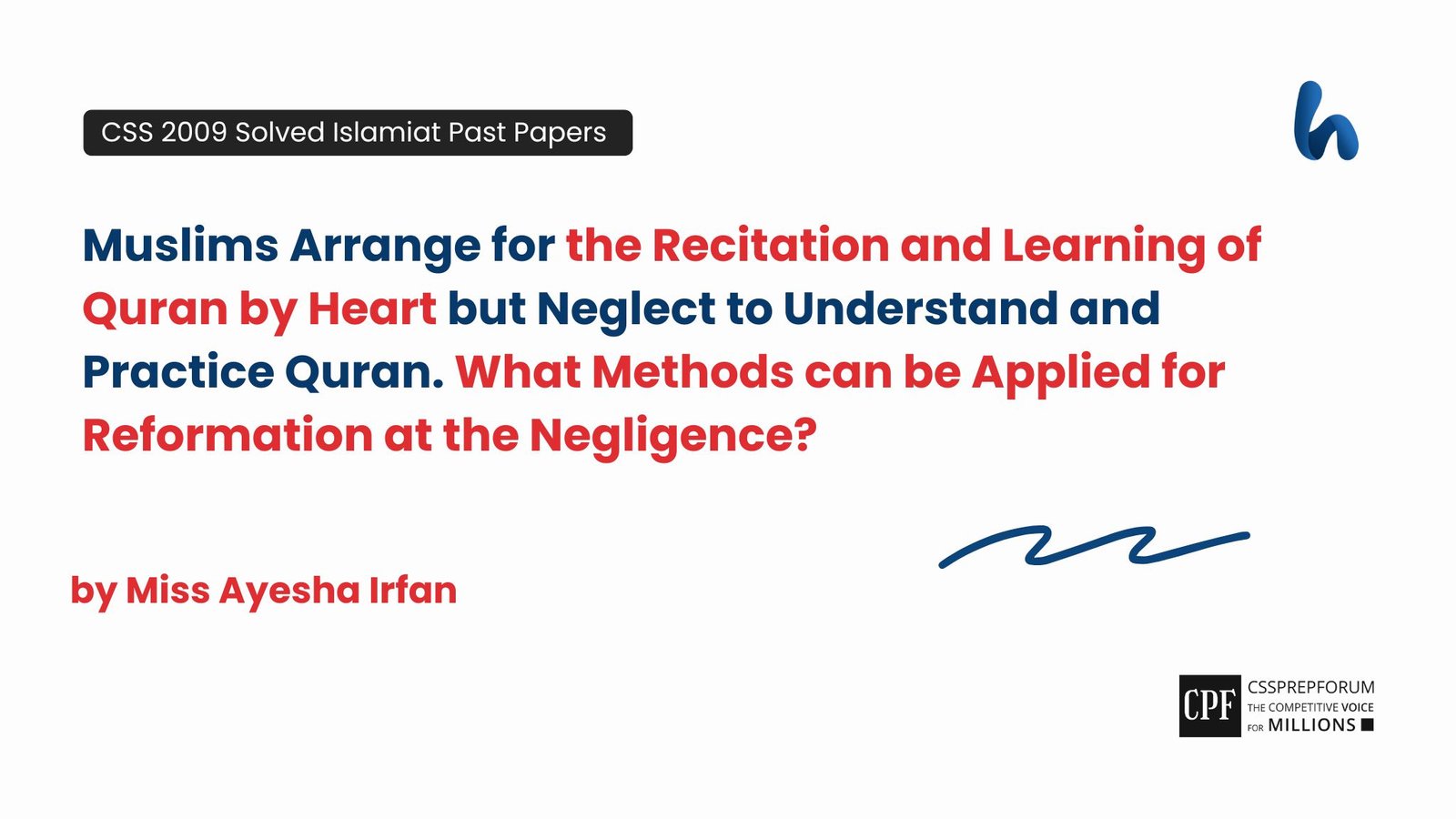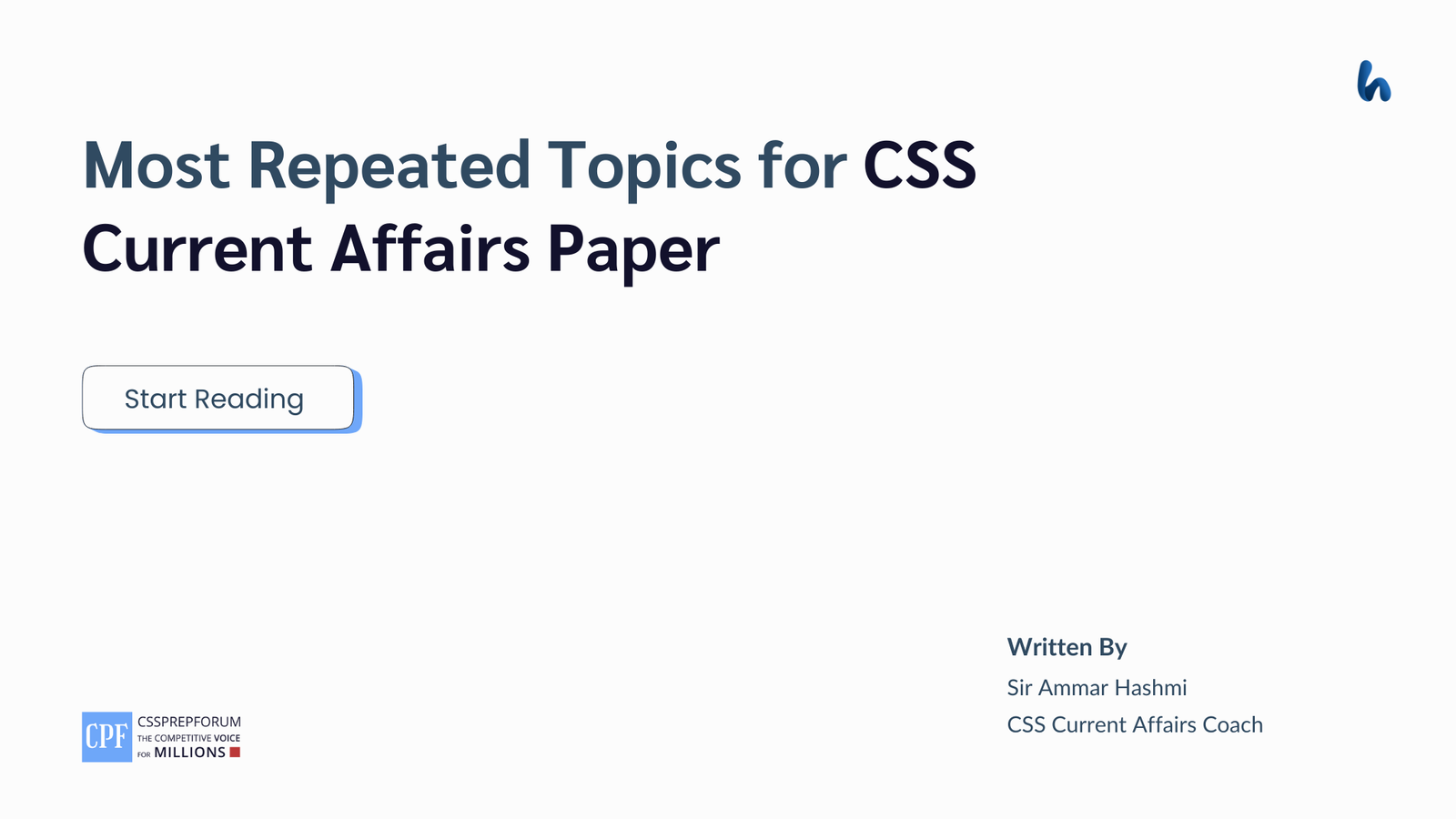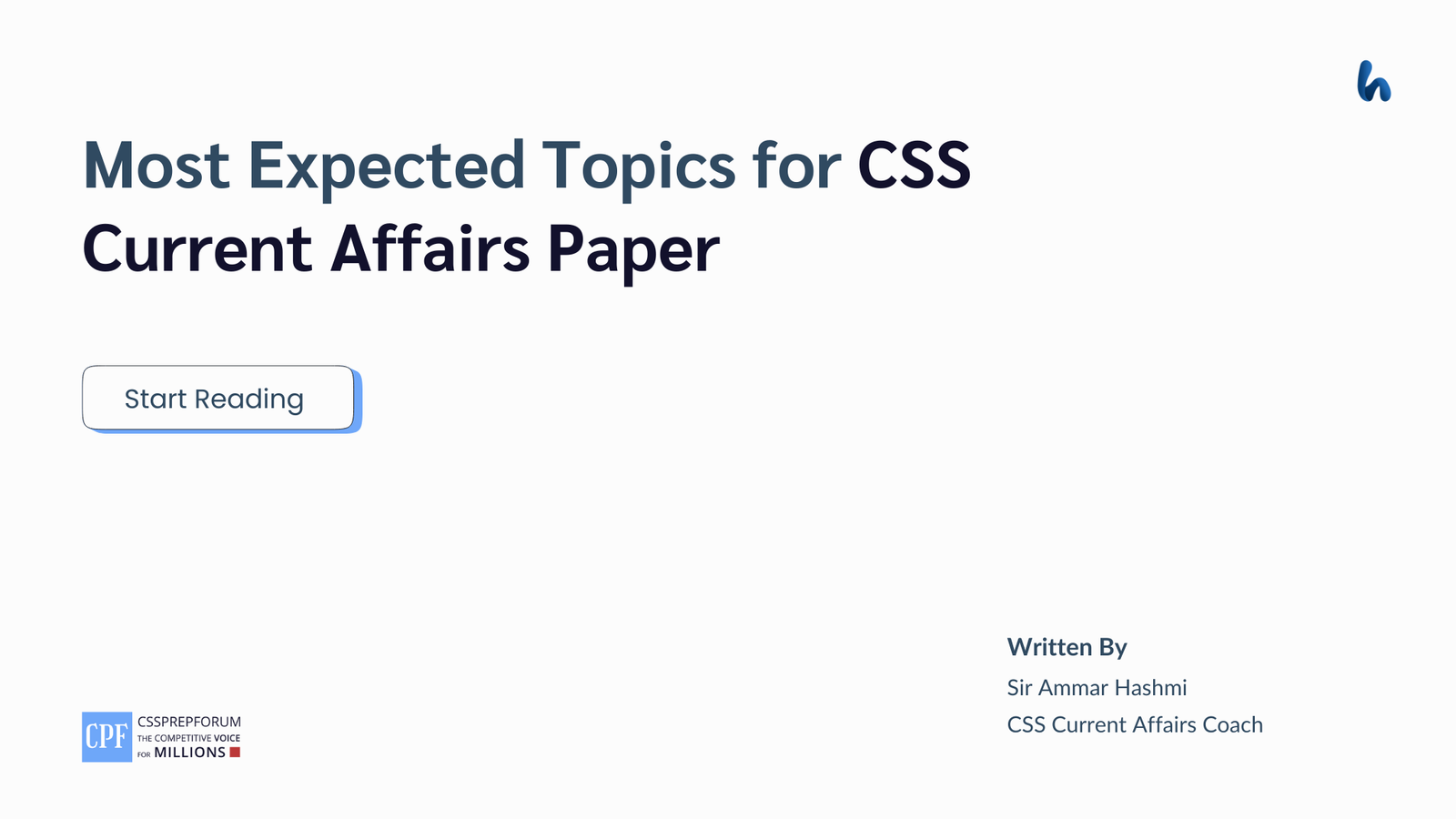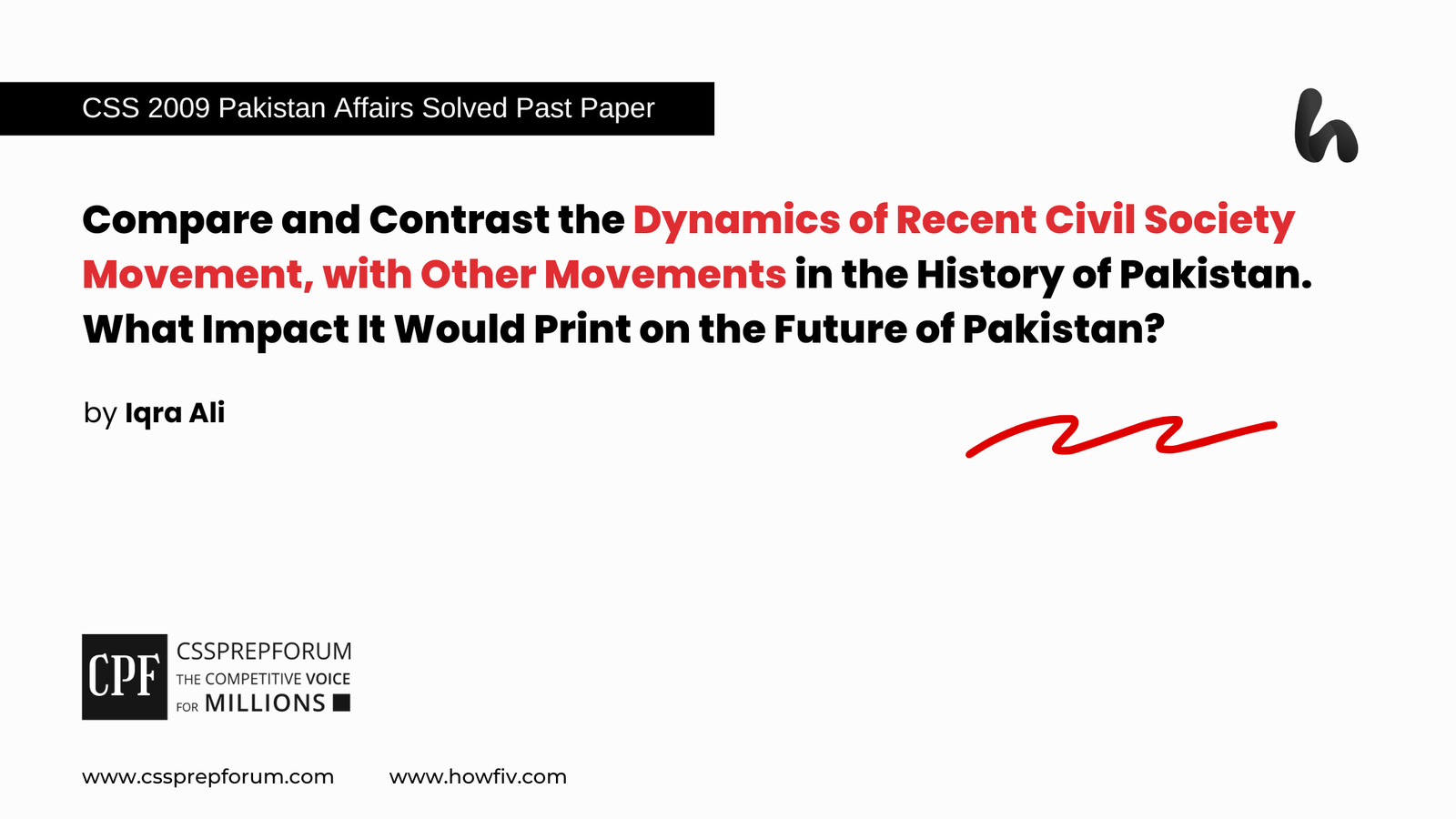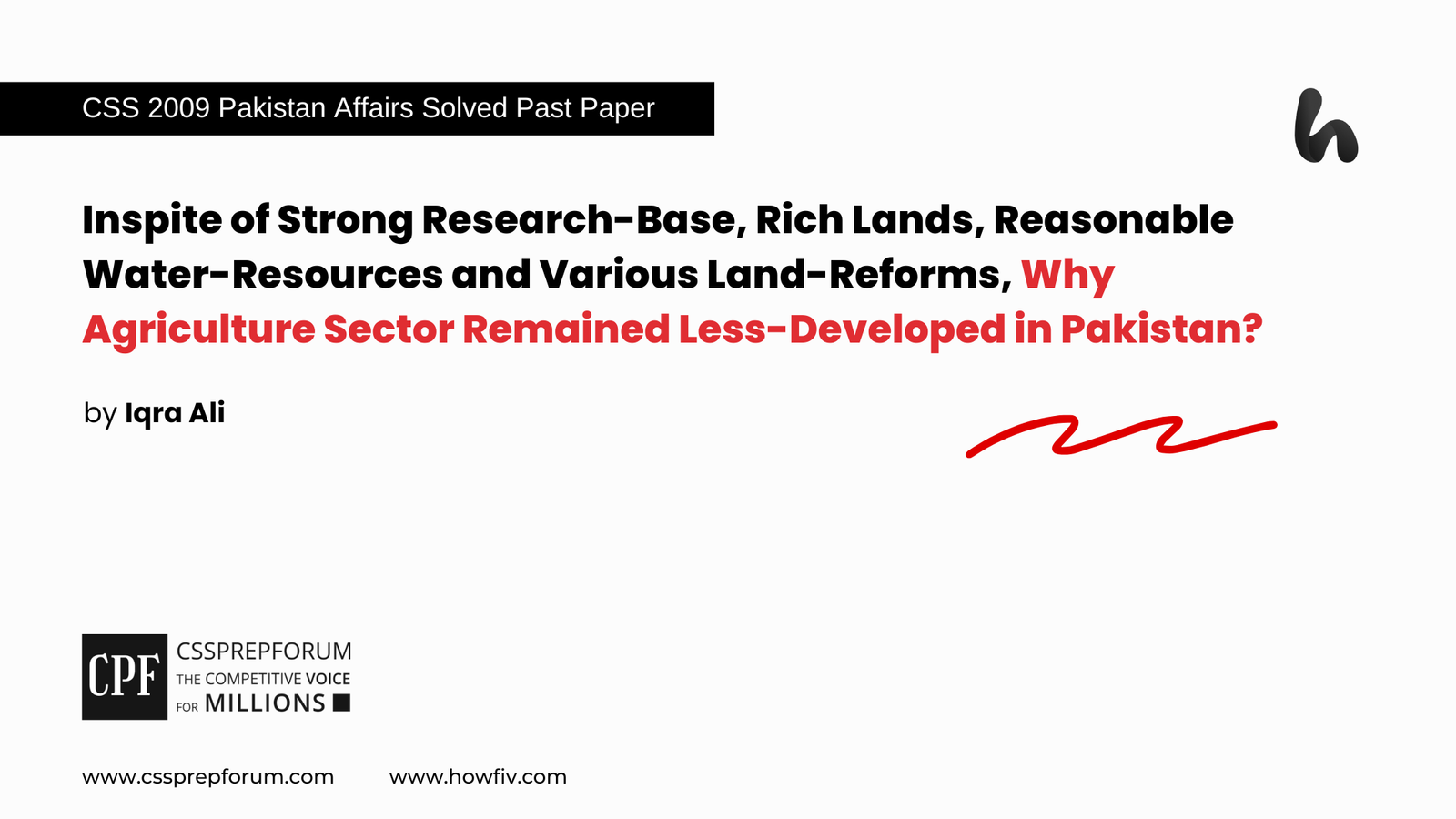The article “Gender Inequalities Past Issues and Future Possibilities” is written by Fariah Rana.

Gender equality is the backbone of a nation’s social, economic, and political stability, ensuring equal rights and opportunities for all genders. However, no nation can rise to the height of glory and prosper by discriminating against one gender from another. Unfortunately, gender inequality has always been a part of the history of all nations, in some places greater than others. Differentiation between genders in access to resources and opportunities exists worldwide but is most common in developing nations. Differences in access to education, medical care, equal salary, fundamental rights and security are the root causes of gender inequality. Nevertheless, it can be eradicated by giving equal rights to all genders, especially women who are largely marginalized. However, the situation seems threatening; initiating awareness campaigns, making plans for women empowerment, legislation against inhuman customs and for women’s rights, increasing women’s quota in every field, and encouraging international organizations to contribute can help contain this menace. This article discusses various aspects of gender inequality in the past and the future possibilities for gender equality worldwide.
It has been imperative to understand what gender equality is to understand gender inequality better. Gender can not be studied separated from class, sexuality, race, and ethnicity. That’s when the concept of intersectionality comes to the table. Moreover, the study of men and masculinities should also be incorporated into gender studies. For instance, women are discriminated and so are minorities, so women who are also minorities have greater chances of facing inequalities in different spheres of life. Similarly, the incidences of violence women face by men are far greater than the incidences of violence they face by women, so unless men are educated and held accountable for their behaviour, it is impossible to attain gender equality.
However, it is observed by researchers, considering the areas of the economy, political representation, education, and mortality, that gender inequality has been reduced as compared to the past; unfortunately, it is still prevalent, with the same intensity, in many underdeveloped and developing countries. For instance, according to the Gender Parity Index report 2022, Afghanistan, Yemen, and Iraq are the countries where gender inequality is at its peak. Even in developed countries like Europe, the progress between 2005-2015 shows only four points rise out of a hundred. As a result, it is difficult to predict whether the positive change, if it occurs in parts of the world, will continue in the future.
Education, the access to which is a fundamental human right and should be provided worldwide to all genders without any discrimination, ceased to reach women, in particular, due to prejudices. It is shocking to know that even in the 21st century, factors prevent women from attaining this right. Taliban’s an evident example of such hindrances. Other factors, like early marriages and early pregnancies, are the main reasons for dropping out of school among women, especially in countries like Zambia. While in South Africa, harassment and sexual violence further reduce their chances of continuing their education.

One example of gender inequality in education is Tokyo Medical University 2018 reduced the test scores of women applying for medicine so that more men could secure admissions compared to women. The authorities justified this injustice in concern that women may not be able to practice their profession once married. This shows how institutional sexism is embodied in our roots and how women are treated indiscriminately instead of educating men to support their partners in having careers.
Another issue is the violence against women in its many manifestations. Such violence includes female genital mutilation, rape, sexual harassment, human trafficking, honour-based violence, and domestic violence. Numerous types of research have been conducted to identify the extent and impact of violence on women’s identity and relationships and the unreported acts of violence; furthermore, they also investigate that the political responses to these issues are usually gendered. For instance, violence against women is recognized worldwide to such an extent that to combat it; an initiative is taken in the form of International Day for the Elimination of Violence Against Women, started in 2016, followed by sixteen days of activism against gender-based violence. Similarly, in 2018, New Zealand passed legislation granting victims of domestic violence a paid leave for ten days to leave their abusive partners, protect themselves and their children, and find a new place.

Furthermore, the campaign against sexual harassment of women, the #MeToo movement in 2017, is an online campaign that started off as a campaign against the Hollywood producer Harvey Weinstein for sexual misconduct. The movement then spread as fire, and women and men shared their experiences of sexual harassment and violence under this campaign. Debates on consent, rights of one’s body, the legality of committing such acts and their punishments were also generated. This campaign showed the potential and power of social media in contemporary times and how it can be advantageous or dangerous. However, even such powerful campaigns can not deal with the deep-rooted and structural gender inequalities and power relations that still exist worldwide, such as in Japan, where the sex crime rate is continuously increasing.
Fortunately, over the last decade, many men have talked about gender equality without any shame. Research on the study of men as gendered beings is being conducted, which is indeed intellectual development. Clearly, men have been the oppressors, but they can also play their roles as collaborators in achieving gender equality. Also, Issues faced by men with poor social class and ethnic minorities should also be incorporated to have a more rational perspective on gender and inequality.
To conclude the discussion, structural and institutional causes of inequality should be addressed, and policymakers, media, and activists should consider the possibilities of an intersectional approach in different contexts. Focus on intersectionality concerning gender inequality, a continuation of the contemporary debate on the topic, and increased academic research on men’s studies and masculinity about feminism and gender should be promoted. Global women’s activism must focus on structural gendered power relations, prejudices, institutional inequalities, and future impacts. In contrast, the collaboration of men and women in the cause of gender equality and the increasing role of social media should also be highlighted, which shows an optimistic view of the future.
Want to read CSS Pakistan Affairs Solved Past Papers and learn how to attempt them to score high? Let’s click on the link below to read them all freely. All past papers’ questions have been attempted by Sir Kazim’s students, who scored the highest in the subject.
CSS Solved Pakistan Affairs

More Essays
Click on any to start reading the essay.
Want to read General Science & Ability Solved Past Papers to learn how to attempt them to score high? Let’s click on the link below to read them all freely. All past papers have been solved by Miss Iqra Ali & Dr Nishat Baloch, Pakistan’s top CSS GSA coach having the highest score of their students.
Articles Might Interest You!
The following are some of the most important articles for CSS and PMS aspirants. Click on any to start reading.


